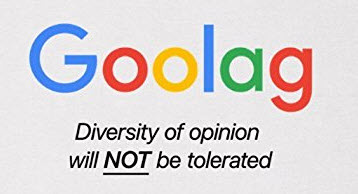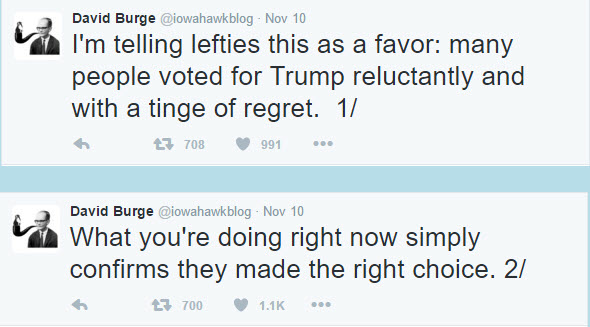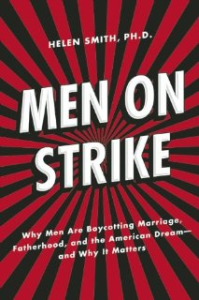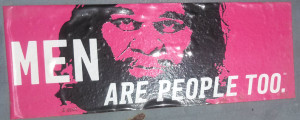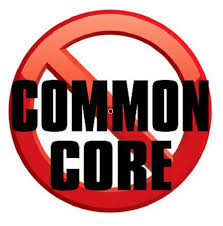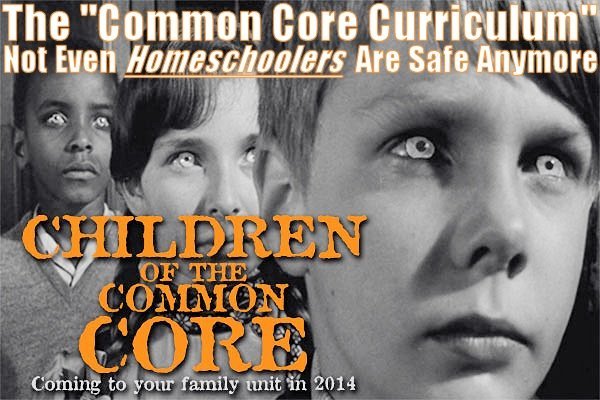Something Boulderites love to do. It’s wonderful how accepting they are of alternative points of view, as long as they agree with them. If you can open your mind a little bit, you’ll find a diverse group. A Democratic strategist even believes there’s an opportunity for his party in the movement.
…the on-the-scene reports by citizen journalists…suggest that probably the largest single group within the tea parties were neither corporate Republicans, single-issue protestors nor conspiracy theorists. Writing in the Washington Examiner, Byron York offered a particularly empathetic view of their attitudes which he portrayed as a mixture of bewildered patriotism, fear of the unknown and nostalgia for traditional, “old-fashioned” economic values and attitudes. For Democrats, the key to understanding the outlook of this “small-town traditional” group is to recognize that it is not the expression of the standard, “institutional” conservative ideology of the Heritage Foundation and University of Chicago. On the contrary, it is an authentically “grass roots” perspective rooted in a “common sense” understanding of economic affairs that arises from practical experience in the world of small business.
The there are five dominant themes eminating from the Tea Parties….
1. Government spending to create jobs simply does not work. It can only create phony “make work” or “leaf raking” jobs and not “real” jobs that need to be done….
2. Government simply should not go into debt; it should maintain a permanently balanced budget. This idea, which in previous generations was called fiscal responsibility or “sound finance,” is based on making an analogy between an individual household and the government….
3. Banks are visualized as essentially profit-seeking businesses like any other and not as an abstract “credit system” that provides “finance” or “liquidity” to the economy. In this view, the fact that banks’ particular business happens to be taking deposits and lending money does not entitle them to any special treatment…..
4. Government regulation is seen from the perspective of a small businessman. As such it appears as a maze of annoying paperwork, licenses, permits, inspections, and so on….
5. Taxes are seen….as money that is simply taken away from individuals by the government — and not visualized as part of a larger circular flow…The “common sense” notion simply is that “Taxes are my money, not the government’s money”.
I can easily see that Boulderites have trouble with #1 and probably #5 as well, but none of these ideas seem extremely radical once you get out of the 25 square miles surrounded my reality. Do they?
Bring on July 4th!




